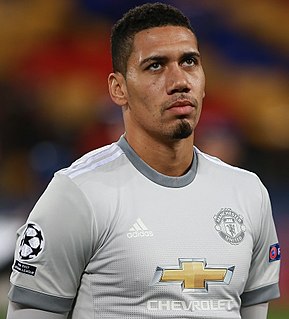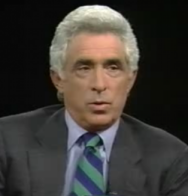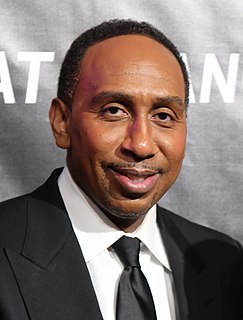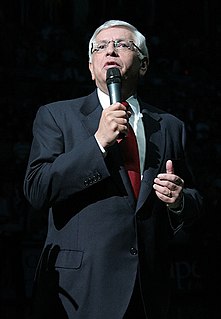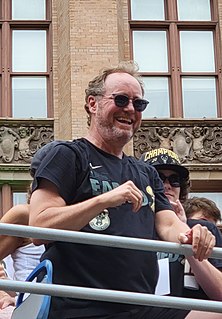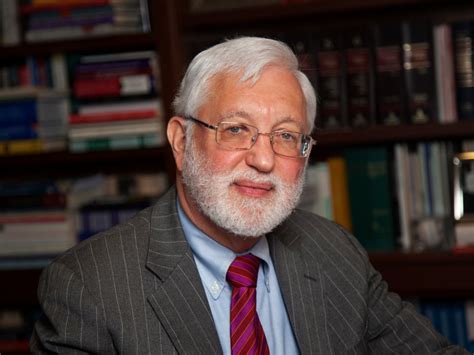A Quote by Roger Goodell
I have to make a lot of decisions that aren't in the best interests of individuals, whether they be owners, club executives, players.
Quote Topics
Related Quotes
There's a reason education sucks, and it's the same reason it will never ever ever be fixed. It's never going to get any better. Don't look for it. Be happy with what you've got, because the owners of this country don't want that. I'm talking about the real owners now... the real owners. The big wealthy business interests that control things and make all the important decisions. Forget the politicians. The politicians are put there to give you the idea that you have freedom of choice. You don't. You have no choice. You have owners.
Since the NBA purchased the New Orleans Hornets, final responsibility for significant management decisions lies with the Commissioner’s Office in consultation with team chairman Jac Sperling. All decisions are made on the basis of what is in the best interests of the Hornets. In the case of the trade proposal that was made to the Hornets for Chris Paul, we decided, free from the influence of other NBA owners, that the team was better served with Chris in a Hornets uniform than by the outcome of the terms of that trade.





